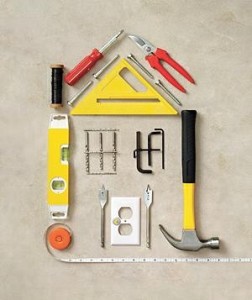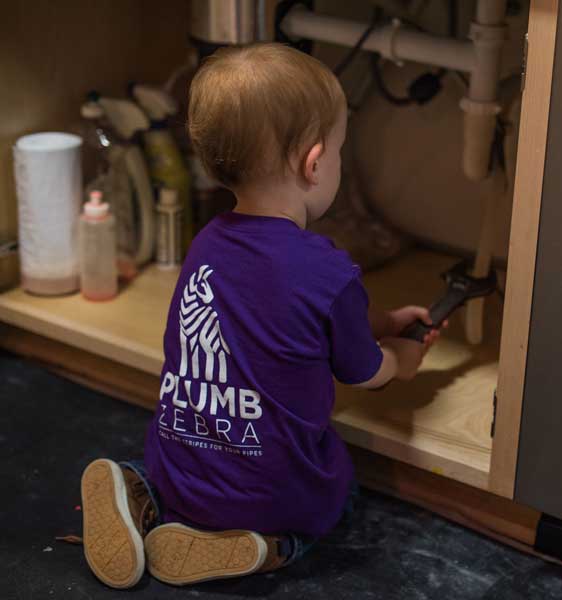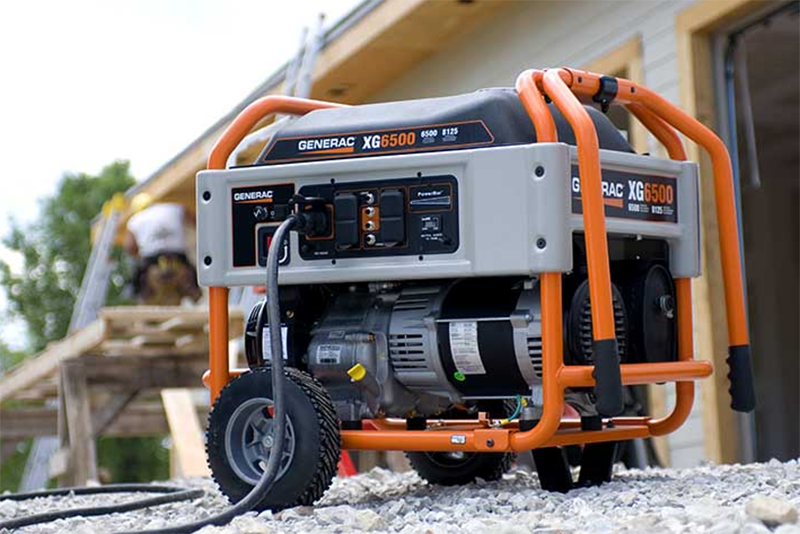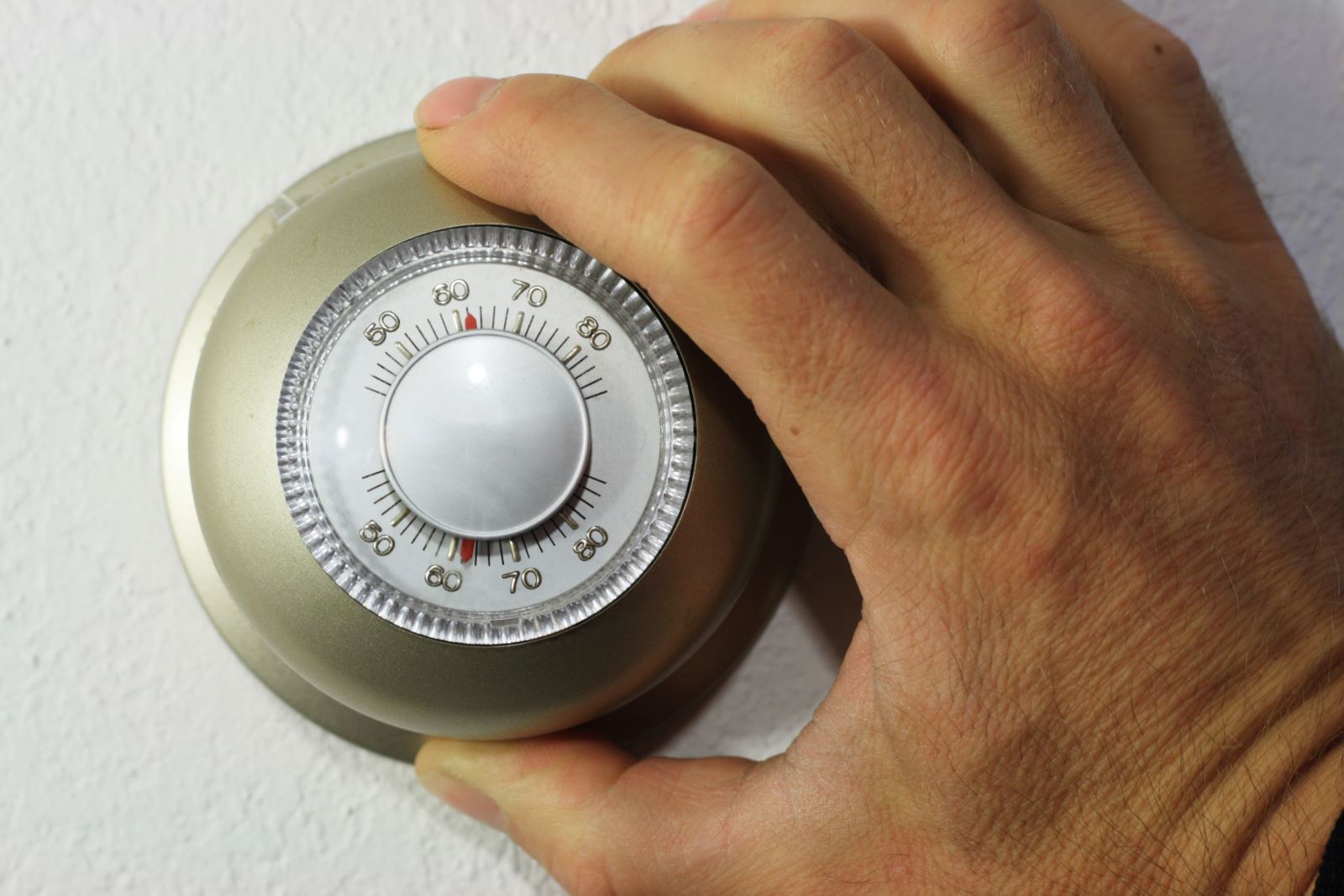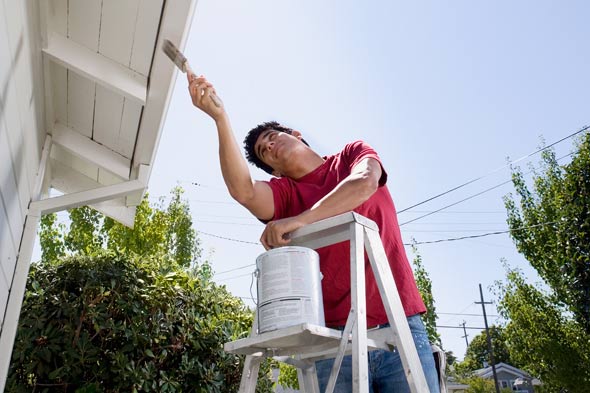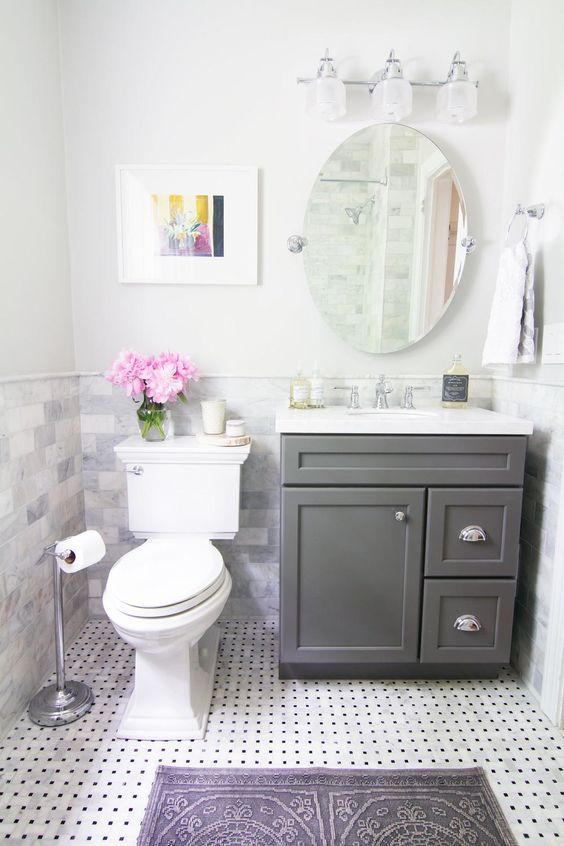Invest Your Tax Refund in Your Home
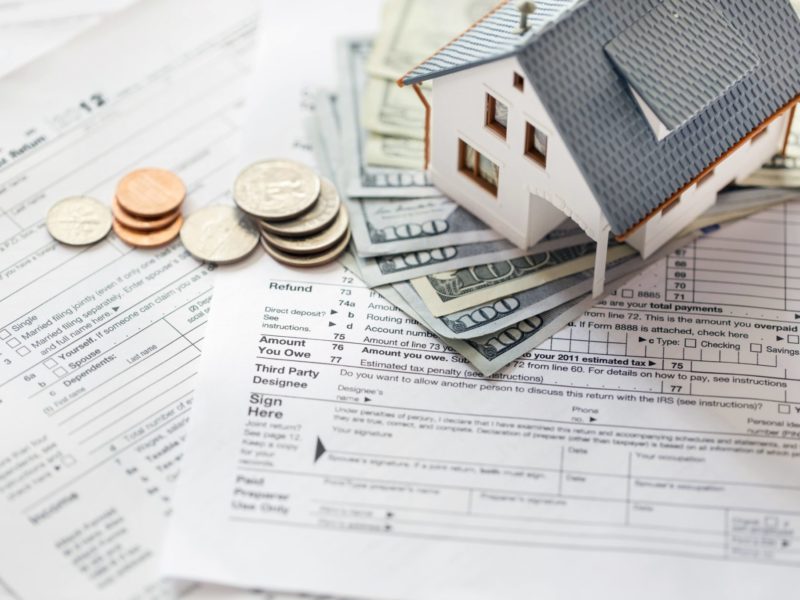
A recent survey by Credit Karma shows that “46% of respondents expect to get refunds of more than $1,000 in 2020 (for their 2019 taxes)...” Now, we won’t get into the financial sense of tax refunds, but if you are one of that 46%, and you’re planning on doing some homework with your refund, here are a few suggestions on how best to spend that money!
$1,000 or Less
-
Add or improve your front walkway. Whether you plan on putting your home on the market soon or not, a new walkway will improve the curb appeal.
-
Replacing the front door is an expensive job, but you can create a whole new look for the front exterior of your home just by having a new front entranceway.
-
Install new light fixtures, especially if you’re tired of the builders-grade fixtures. If you shop smart, you can get stylish new flush-mount lights for every room.
-
Do a minor bathroom renovation: replace the toilet, faucets, and lights, and give the tub/shower a makeover with a refinishing kit.
-
Paint the kitchen cabinets, replace the hardware, and add a tile backsplash. You won’t believe what a difference those three minor renos will make!
-
Upgrade one appliance - kitchen appliance.
$1,000-$2,000
-
Any repairs that you’ve put off because of cost should be done before any improvements to renovating is done. Protecting your investment is more important than new bathroom tile.
-
If your front lawn is a black canvas, hire a landscape designer to create some improvements.
-
Have your “popcorn” ceilings removed by a pro and add new crown molding.
-
Tankless water heaters, whether you choose whole-house or single-point, are worth the investment as you’ll see a difference in your electric bills.
-
If you’re handy, you can take on a DIY job and save money: paint your home’s exterior, install new flooring, add wainscoting, or install kitchen countertops.
As much as you’d like to see something physical after spending your tax refund, paying any accumulated debt down or investing it will pay you back in the long run. Check out these ideas from Investopedia, and take off some of that financial load you may be bearing!
Courtesy of Chester County PA Realtor Scott Darling.
Photo credit: the money pit
